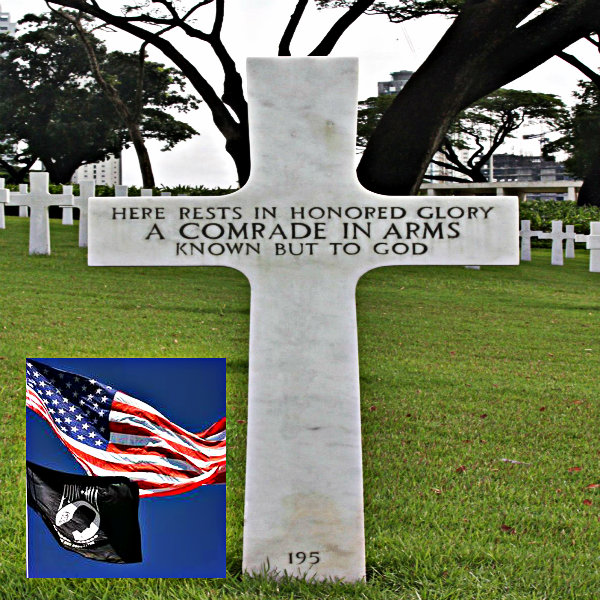The unknown body of a WWII POW buried in an American war cemetery in the Philippines is to be exhumed after family, who claims the WWII POW – given the code X-816 – is actually Bud Kelder, filed a lawsuit and won.
According to reports, Bud Kelder, a 26-year-old US Army medic, survived the Death March in Bataan, Philippines but died later on in a Japanese POW camp. He was then buried in a communal grave together with 13 other American soldiers who also died on the 19th of November, 1942. Eventually, four of those buried bodies were later identified. The rest – ten unidentified bodies of American soldiers – continued to be buried in Grave 717.
The family of Bud Kelder who filed the lawsuit had, for some time, carried their own research in search of their loved one’s lost remains. They went through declassified burial records and, eventually, their search narrowed in on that cemetery, particularly on Grave 717 and Manila #2 X-816.
Accordingly, it was the only unknown body in the grave, which records show have gold inlays in his teeth same as Bud Kelder had.
However, it took a long fight and a lawsuit to make the Joint POW/MIA Accounting Command (JPAC) comply to the exhumation of the remains for DNA testing to really find out if the remains were of Bud Kelder. Additionally, the US military also plans disinterring the other unidentified remains in the said communal grave.
JPAC is given the budget of $100 million annually so it could do its work of identifying unknown servicemen. However, the organization only got to identify 60 bodies of anonymous servicemen out of the over 73,000 American soldiers lost during the Second World War.
Relatives of MIA soldiers along with several JPAC whistle-blowers state that JPAC chooses to overlook pertinent war documents and modern technology — means that can make their job easier and faster.
The cousin of Bud Kelder who did most of the research and investigation into the WWII soldier’s case said that while the government has given its nod on the digging up of X-816 for identification and DNA testing, the deed was only due to the fact that they had won the lawsuit and not because it was the right thing to do.
He further went on that his family’s victory is a hollow one unless the government reforms its MIA accounting process.
